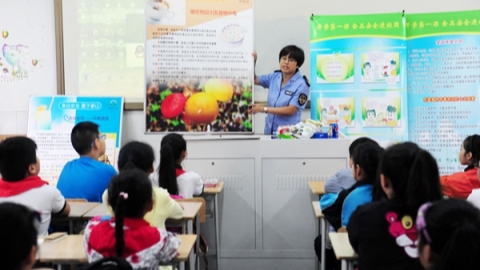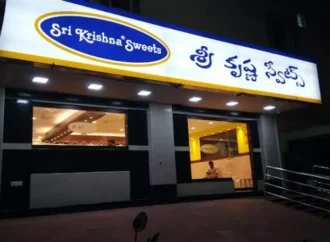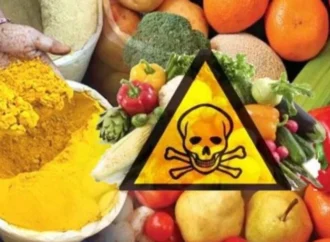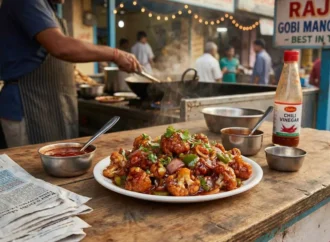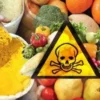Shocking Scandal Sparks Nationwide Reforms
China has announced sweeping food safety measures for schools after a lead poisoning scandal in Gansu province sickened 247 children and staff. The incident, which involved industrial-grade pigment added to kindergarten meals for visual appeal, has been called one of the worst school food safety crises in recent history. The contamination came to light in early July when tests revealed toxic lead in the blood of students at Peixin Kindergarten in Tianshui city. Symptoms included stomach pain, blackened teeth, and nausea. While most children have since been discharged after treatment, long-term health impacts remain uncertain.
Regulatory Failures and Cover-Up
Investigations revealed alarming gaps in oversight. Local education authorities had not conducted food safety checks in private kindergartens for two years, despite high tuition fees and licensing irregularities. The Guardian reported that provincial CDC staff mishandled blood samples, while hospital officials altered test results to downplay the severity. Authorities also discovered a web of bribery involving local officials, enabling the school to operate without proper approvals.
Government Crackdown and Reforms
In response, the Chinese government has pledged nationwide reforms to restore trust in school meal safety. Key measures include:
- Centralised procurement of ingredients for school kitchens
- Mandatory and more frequent inspections for all private and public kindergartens
- Digital monitoring systems for food storage and preparation
- Tighter testing protocols and third-party audits
- Stricter penalties for food safety violations
Six people, including the kindergarten’s principal and kitchen staff, have been arrested for knowingly serving unsafe food. Additionally, 27 officials across education, healthcare, and local governance face disciplinary action for negligence and corruption.
Public Outrage and Demand for Transparency
Despite government promises of free medical care and legal support, public anger remains high. Parents staged large protests outside the school, demanding accountability and long-term monitoring for affected children. Videos of clashes between parents and police have gone viral on Chinese social media platforms. Experts say the case has reignited debate on food safety enforcement and corruption in private education. “This scandal shows why routine checks and strict licensing are critical, especially for institutions serving young children,” said a Beijing-based food safety analyst.
Why It Matters Beyond China
China has faced several food safety crises in recent years, including the melamine-tainted milk scandal of 2008. However, experts warn that the deliberate use of industrial chemicals and falsification of test data in this case represent a dangerous new low. The government’s response—if enforced effectively—could become a model for stricter school food safety systems worldwide. For now, parents in Gansu want more than apologies: they want accountability, transparency, and safe meals for their children.
Source: The Indian Express
 Food Manifest
Food Manifest 